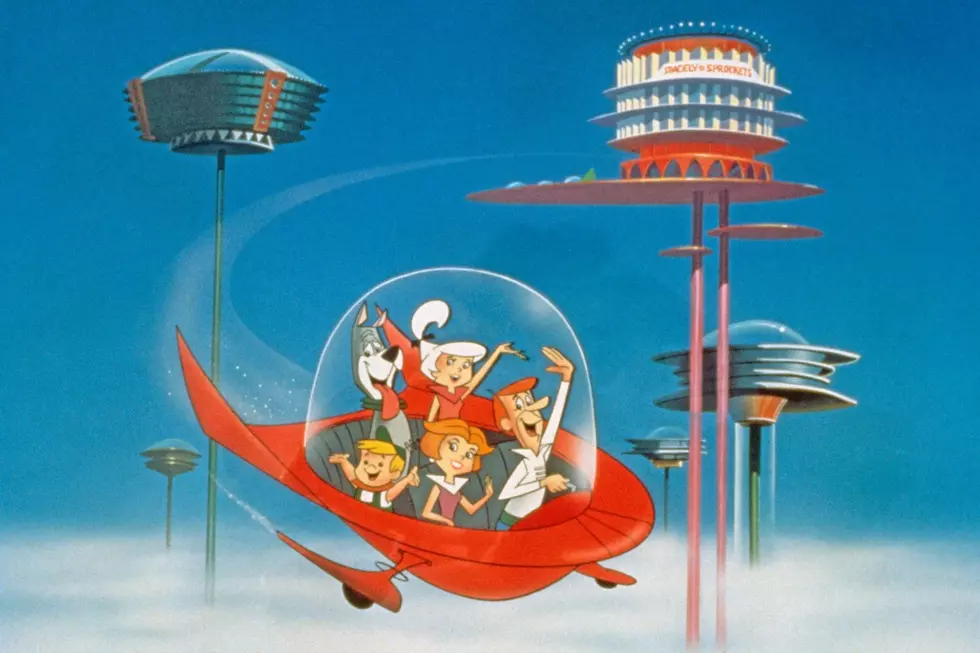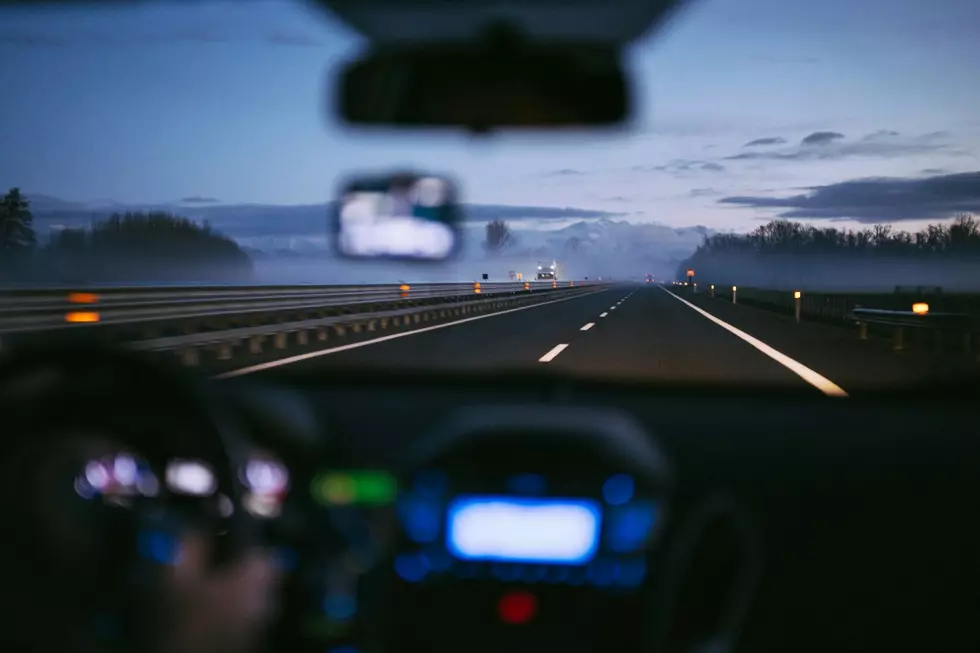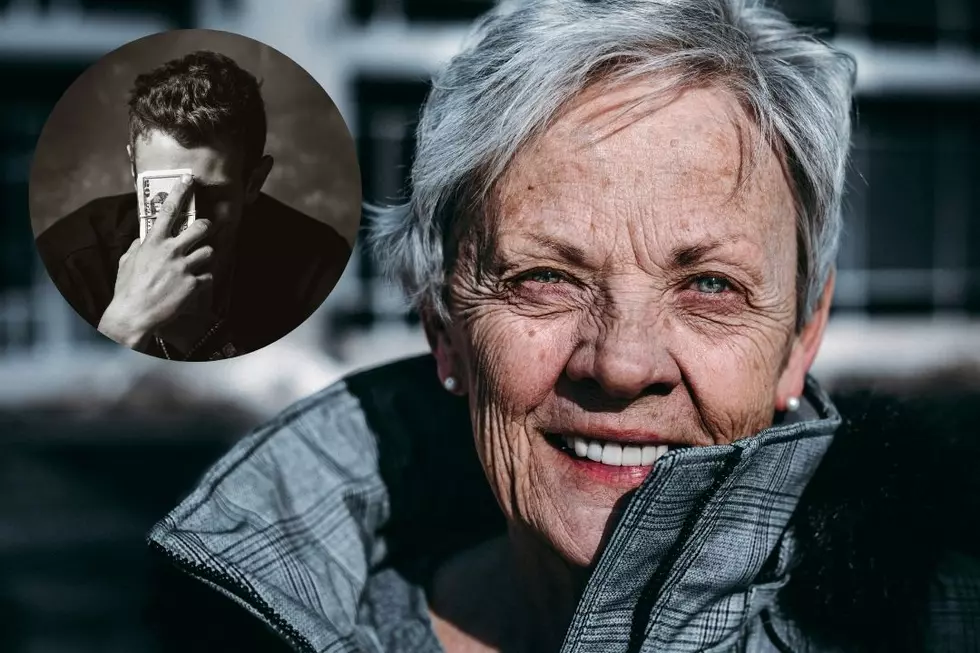
Swedish Rapper Silvana Imam Is the Nation’s ‘Nonsense Warrior’: Interview
In Sweden, Silvana Imam is often illustrated as some sort of social superhero. The 31-
year-old rapper has, over the years, championed rights for various minorities, several of which she belongs to herself. Imam’s one of the country’s most popular LGBTQ+ figures and happens to be of Lithuanian and Syrians descent. She’s a clear case of how politics are inextricable from the day-to-day life of marginalized groups, seeing as how she didn’t necessarily seek out to be a “radical” artist—yet these topics so often come up in her music.
Now, Imam is more than comfortable veering toward the political side of things. In fact,
she can’t understand why any artist wouldn’t be. We spoke with the musician about the changes success can bring, how her personal life plays into her art, and the documentary released last month encapsulating the last three years of her journey.
Are you in Sweden right now? In Stockholm?
Exactly. I’m based in Stockholm and I’ve been here for a couple of years.
You had a documentary on you come out last month. Can you tell me about that and how you got involved?
Basically, three years ago, when I started making music, there were three girls who were directors that approached me. They said, “You seem like a cool person, can we film you?” So I said, “Okay, you can film me, let’s do this.” And I thought they were going to film me for like three weeks, three months tops, but it ended up being three years. It’s a movie, it’s weird.
In a way it must be nice to have everything documented. You can look back and see how you’ve grown.
Yeah, exactly. And I mean, sometimes you reminisce, and I’m a very nostalgic person. I’m like “Oh my God, look at that!” And my girlfriend is like, “Yeah, that was six months ago.”
Obviously as a performer, you’re used to having a ton of people look at you because you’re on stage. It must feel different to have all these eyes on you, but really on your personal life.
Exactly. I mean, it’s totally different. The thing is that I haven’t got anything to do with the movie except being filmed. I haven’t done anything; it’s not acting, it’s not anything. I just said yes when they approached me and asked if they could film me. And that’s kind of the weird part, because talking about this documentary is like talking about my life. When it comes to music, that’s my creation. I can talk about the process, and you know, the whole train of thought when I make music, but in this situation, it’s really just different because I didn’t do anything except just be myself. Because they really caught me before I blew up, before my career started. We didn’t think that this was going to be this big. I didn’t think that.
It’s interesting, because I feel now, especially with things like social media, there used to be this wall between performers and their fans. You didn’t really get to know about people’s social lives and now that’s changed. So in that way, maybe your fans already know about your personal life.
I mean, being an artist, you have to like [that stuff], or otherwise you might as well be a songwriter. So it’s a really close second for me agreeing to be on film. It’s not like a major thing because I’m already exposing myself. But this is kind of scary. This is different. Because it’s about me and not my music.
Do you ever feel really vulnerable when you write a song about a specific person, knowing that they’ll hear it? Where is the line when it comes to incorporating your personal life in your art?
In doing a song, you can always hide behind the lyrics, the production… You can always hide. It’s a song and you can say whatever you want. It’s still fiction. There’s always the idea that it is fiction. You can say whatever you want. I always give my true self in a song. I don’t worry about the material in a song. Not now. I used to. I’m much more comfortable.
And what about the documentary? Are you not really nervous about that as well?
That’s a whole other thing. It’s not nervous. It’s a different feeling, but I feel that it’s… It was a tough thing doing the documentary. It wasn’t easy because I actually hate having a camera in my face. But for these three years I’ve been working so hard, just all the time. And I was caught up in myself. I worked so much, and my girlfriend was like, “Wow, you’re really all about yourself in your head. You have to see other things and see other people.” I couldn’t focus on anything else but my career because it was the beginning of my career. It’s kind of weird to see that on film.
Well, I feel like at the time that was the right decision, because artists have to do that. They come out because they have something to say and that’s not a bad thing. But I do understand how seeing that on camera you might feel really wrapped up in yourself.
I think so. But the thing for me is that it went too far. Because I just, at one point, I couldn’t do anything. I crashed because I was overworking. And my girlfriend and everyone, I really neglected them. I was a really, really bad girlfriend for a year or something. And you kind of get to see that also, and that is just weird. But then again, they painted me as a superhero in Sweden, and that I can do anything I want. But it’s just really one side. They painted me as a one-sided person, that I was the one who was going to do everything.
And that picture drove me to do more—more, more, more, more. I have to work. I was sleeping like four or five hours a night, I was on a high all of the time. The thing is, I love what I do, but I didn’t have tools to understand when I should stop, you know? You can stop checking your e-mails now. You don’t have to answer that e-mail. You don’t have to be available 24/7 and that is what I was. I was available all of the time. And when you are available for interviews and everything, you become really unavailable to your loved ones.
Well it’s really hard to find a work life balance. A lot of people struggle with that.
It is. And now I’ve kind of found it. When I talk about 2015, I released an album and then I realized that I liked this, just recording. Because my first two EPs, I was on tour and recording. I had to deliver all the time. On stage, writing songs, just delivering, like over-delivering. And I love that s---, I really love that s---, but you have to find a balance.
It’s hard to realize that the public doesn’t own you. They want more music, they want more performances, they want all of these other things. And you feel like as an artist you owe it to them. At the end of the day, you own yourself. You have your own personal life, you have other people to take care of, too.
Yeah. And I think what actually happened is that I was just new. Because for me it was really fast. I blew up really quick. It went fast, from one day to another and I was like, “Woah. People recognize me and s---.” And I think I was just not used to this. And I didn’t know how to handle it. Of course you can’t even compare this to American stars. I just couldn’t handle everything that was coming to me. I had a lot of fun of course, but then one day I realized I couldn’t do any more because I was tired. I was just sitting there crying and we cancelled the shows, and I started just working on myself and on my relationships basically. Because I had just neglected all of them.
Now that you’ve kind of had a lot of success as an artist, and then had to find this balance again with your personal life, how are you defining success or happiness for yourself now?
I think that success is having great relationships. I can say that because I have a great career. But I think relationships are really what drives you and makes you feel like a person. Like a human being. It makes you feel good. It’s just everything to me.
And the people in your career who inspire you, it becomes part of the art also.
Exactly. And a lot of my closest friends are my co-workers. We’re all just doing fun s--- together. Because I never had a lot of friends in school, I needed new friends, so, I just never had that group in high school. So for me, I was searching for substance in my life. Then I met my manager and that was like, “Wow.” From that it kind of just escalated.
What is your relationship with your fans like? Especially now that there’s social media and you can actually engage with people.
I think for me, I’m active on social media, mostly on my Instagram. People write me handwritten letters. I try to go out after every show and say hello to them. But it’s such a blessing to see so many people connect to my music. I see them tweet, “Who’s going to Silvana’s concert?” And then they end up going together. It’s great to see how music connects people. And a lot of people are like, “Yeah, I’ve met my girlfriend or my boyfriend through your music,” and it’s just like so cool. I mean, this is what life is about right? Finding substance, and I think that’s why people relate to my music. Because it has substance.
I’m curious if you see your music as political or if that’s just what you’re talking about in your own life?
You know what I think? I used to be really upset when people called me a political artist, but nowadays I wonder about all of the other artists who don’t want to talk about politics and what bubble they live in... What stone do you live under? How do you not talk about politics? Because it’s not about politics, it’s about life. Other people make it politics. I don’t like politics. Because it’s not about that. It’s about life. It’s about caring for other people. It’s about having a heart. And artists that say they hate politics, they need to check themselves. Because you’re so privileged that you don’t have to think about politics? Wow. I mean really. Wow. Great job.
We’ve also become such a political generation with everything that’s happening and a lot of people saw this coming. What are some of the issues, particularly in Sweden, that the average American wouldn’t know that you’re talking about in your music?
Well, that we have a racist party in our government. And we have a lot of undercover racism, casual racism. White people saying the n-word. And, “I can say that because I have a friend who’s black.” And we have a lot of men who are like, “Don’t say every man is a racist because I’m not a racist.” They’re really stupid. A lot of men are very stupid in this country. Just men in general. [Laughs] I think a lot of people just don’t see their own—how do you say in English?—“intersectional perspective?”
It’s about knowing yourself, and even though I’m an immigrant, I’m white. This gives me a privilege. And despite that I’m a lesbian, back in the day I used to pass as a straight girl. So that’s a privilege. And also my looks. I’m thin, a lot of things. I know my privileges. And a lot of people in Sweden don’t see that. And even so I’m privileged because I’m white. There are levels to it. And a lot of people here, especially politicians, they don’t see the lessons and that is a very big problem.
People think it’s very black and white, and there’s a lot of in between.
And this is something that the media doesn’t talk about. They really don’t understand it. And also, this is a really good example, they wanted me to sit on a jury. In Sweden we have this thing called “Swedish Heroes 2017,” and there’s a jury that picks out certain heroes in different areas. For example, this person saved an animal and this person did this. And so I’ve been there for two years in this jury, and it’s a really big thing sitting in the jury.
I told my manager, “Let’s see who’s in the jury this year.” And as always, I’m the token lesbian, I’m the token immigrant. And my manager was like, “You can’t do this anymore,” and I was like “I really can’t because they don’t see the levels of me.” The jury is all white.
How do they get away with that?
Exactly. They’re just stupid. I don’t know. Not stupid. My manager called the people who handle the whole thing and she was like, “I don’t see color.” Can you imagine her saying that?
Everyone sees color unless you’re blind. That’s a terrible phrase that people throw around.
She also said that I had a lot of good things to say and they always think about ethnicity. And my manager was like, “Yes, but her body is still white and why are there no black people’s bodies in the jury?” And she’s like, “I don’t see color.” So this is a good way of illustrating the big problem we have here in Sweden. It’s like white America except it’s white Sweden.
Do you feel hopeful about things?
I do, because one thing that has changed is that people are more aware of the negative things that are happening. I look at all of these politicians doing their jobs with racism and homophobia, but now I look at those things, and I see people that are organizing. That’s where I put my energy. People who are organizing against it. And I’m one of those. Because before I didn’t think I could join the people who were organizing because I didn’t see them. It was just different back in the day. And now that’s where I get my energy, from that thing. I have to. We really have to put our energy on the people and do something ourselves. The difference is where I put my energy and focus. I see the same things, but it’s more productive now.
I think people are really mobilizing and trying to do something about it. And you’re one of those people. I was also curious about your thoughts on the LGBTQ scene in Stockholm?
I feel like it’s divided. Because really it’s ethnically divided, and by age. The old lesbians are the old lesbians, and the young lesbians are the young lesbians. We’re really just divided, and I don’t feel like it’s a good divided. So that’s how I feel about it.
I believe I was told that you also have tracks that are coming out at the end of this month? Can you tell me a little bit about that?
These two songs, I wrote them for the documentary, not the album. It’s not for an album. It’s really two different sides of the documentary and two different sides of me. One is called “Bulletproof Baby” and the other is called “Free” in Swedish. On “Bulletproof Baby” I’m really just turning up. For example, I say, “I took a break so that all of my sons can release albums.” It’s just me turning up. And the other is a lot about Syria and all of my relatives there. It’s a prayer. I pray for Syria, my family in Lithuania… I pray for a lot of things.
And then when this documentary is out I’m going to start with my album, which I haven’t started. I have a gallery right now called “Nonsense Warrior.” It’s a gallery in Stockholm and all of September I’m there curating a gallery basically. My lyrics are up and we’re doing a bunch of cool things. And basically a “Nonsense Warrior” is someone who calls out the bulls---.
10 Pop Songs With Social Messages:
More From PopCrush









